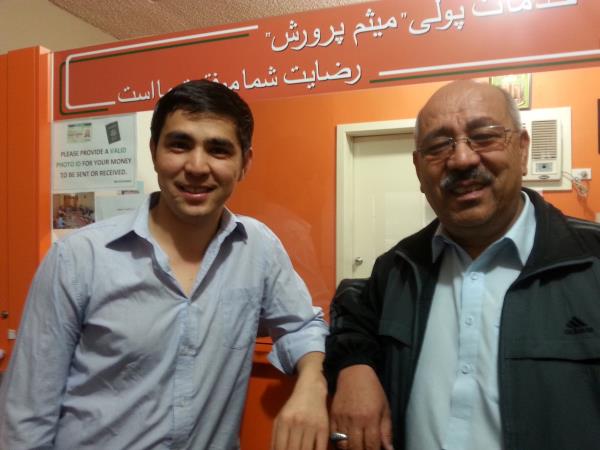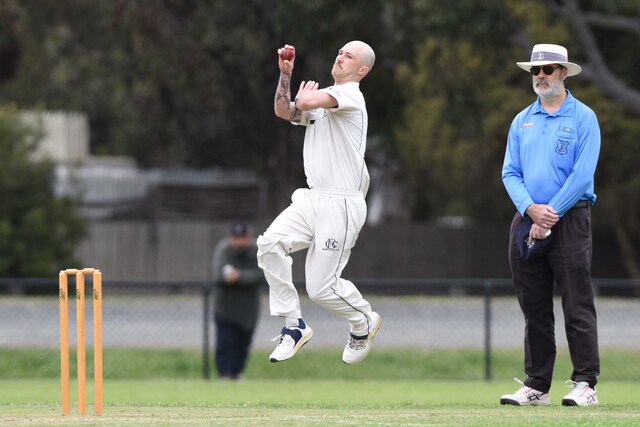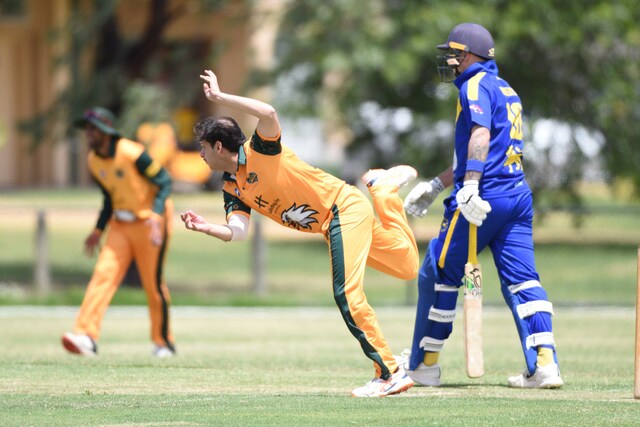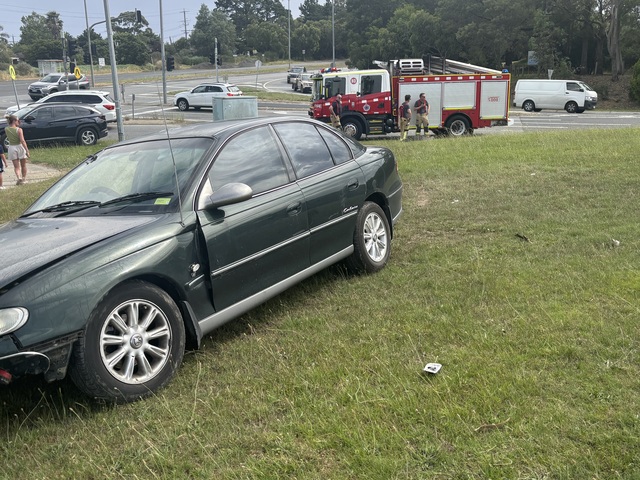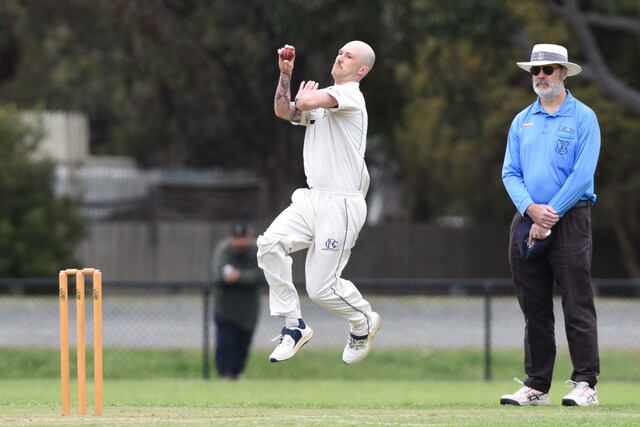By CAM LUCADOU-WELLS
FOREIGN money exchanges in Dandenong could close en masse after being abandoned by the ‘Big Four’ banks.
Mohammad Parwarish, owner of MP Exchange in Thomas Street, says he’s been given no reason as one by one Commonwealth Bank, NAB, ANZ – and as of 22 October, Westpac – have closed his business’s bank accounts.
He says he has been given only vague reasons for the closures, which similarly affect many of the nine other exchanges in Dandenong.
“(The banks) say due to policies we can’t provide this service with you,” he said. “It’s against our policy.
“We don’t know if it’s coming from the government side or from the banks.”
Mr Parwarish, who has run an overseas money exchange for 35 years, including two years in Dandenong, says it will be harder for refugees and asylum seekers to send money home to their needy families and traders mainly in Afghanistan, Iran and Pakistan.
“If these were First World countries, they could probably do transactions with the banks and Western Union. But people live in far villages and Western Union don’t provide services there.
“There’s no way these people can afford to live.”
He says the business is registered with and has reported regularly – and without incident – to federal anti-money laundering and terrorism-funding agency Australian Transactions Report and Analysis Centre (AUSTRAC).
“If there’s any legal problems that we need to comply with, we’re ready to comply.
“I know most of the people coming here. We’re a specific group in Afghanistan, the Hazaras. We’re people affected by terrorists and we’re not involved in that.”
Owners of the affected exchanges are set to meet over the issue.
“The Australian government need to step in and force the banks to change their policy,” Mr Parwarish said.
A Westpac spokesman said “as a matter of policy we do not comment on individual customer matters”.
An Australian Bankers Association spokesman made no comment. “It is one for individual banks,” he said.
AUSTRAC this year released a report on terrorism funding, noting the remittance sector was vulnerable to terrorist exploitation.
A spokeswoman said the centre had bolstered registration requirements in 2011 to lessen the risks.
It had also recently suspended a Sydney remitter’s licence due to a “possible terrorism-funding risk”.
“AUSTRAC is aware that some banks have taken … a decision to exit remittance sector customers in some circumstances,” she said.
Reasons included a bank not comfortable with “the level of risk that it is exposed to by maintaining the accounts of particular customers”.
“AUSTRAC has no power, nor would it be appropriate, to intervene in the making of such a decision by a reporting entity.”

